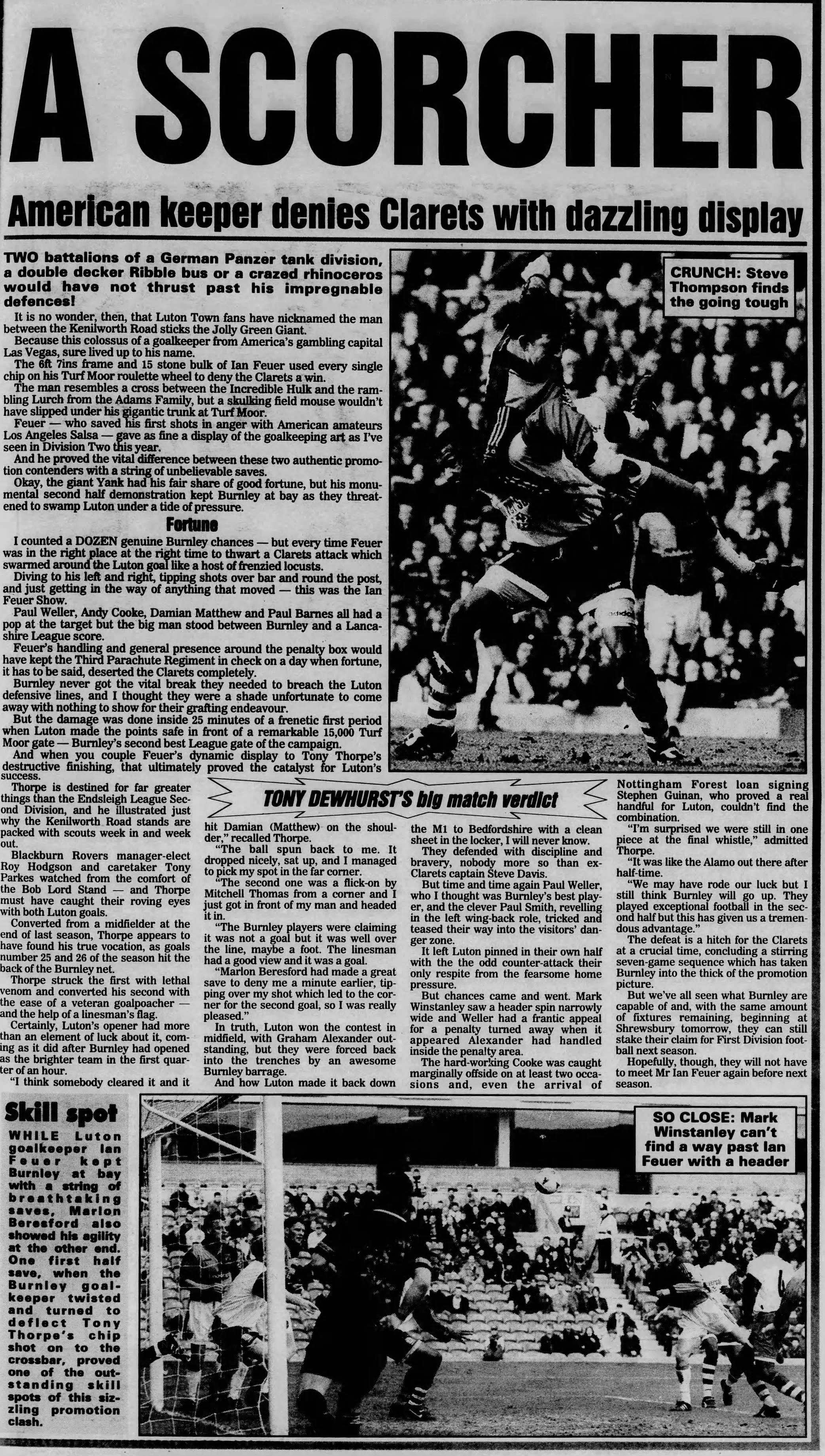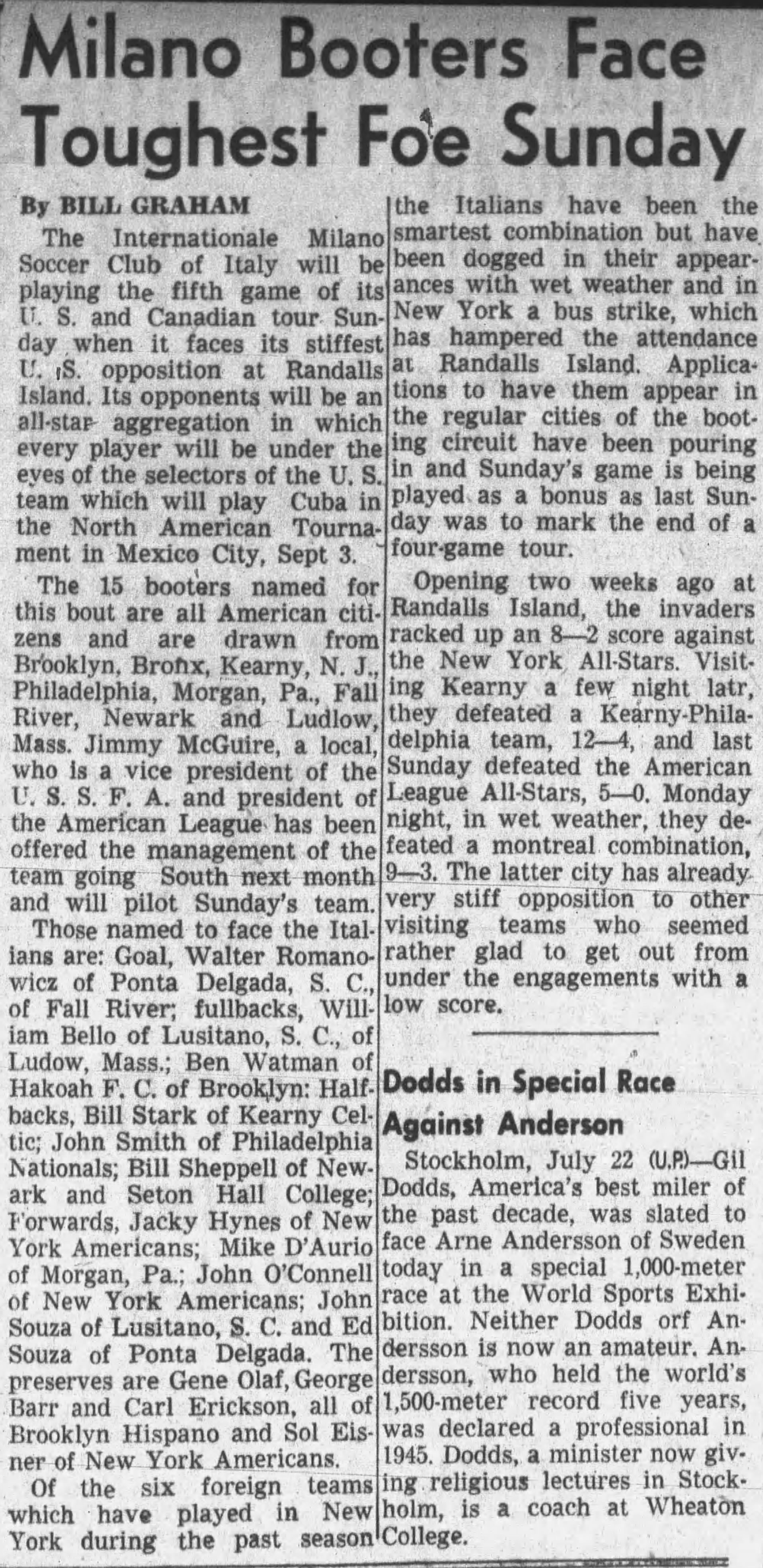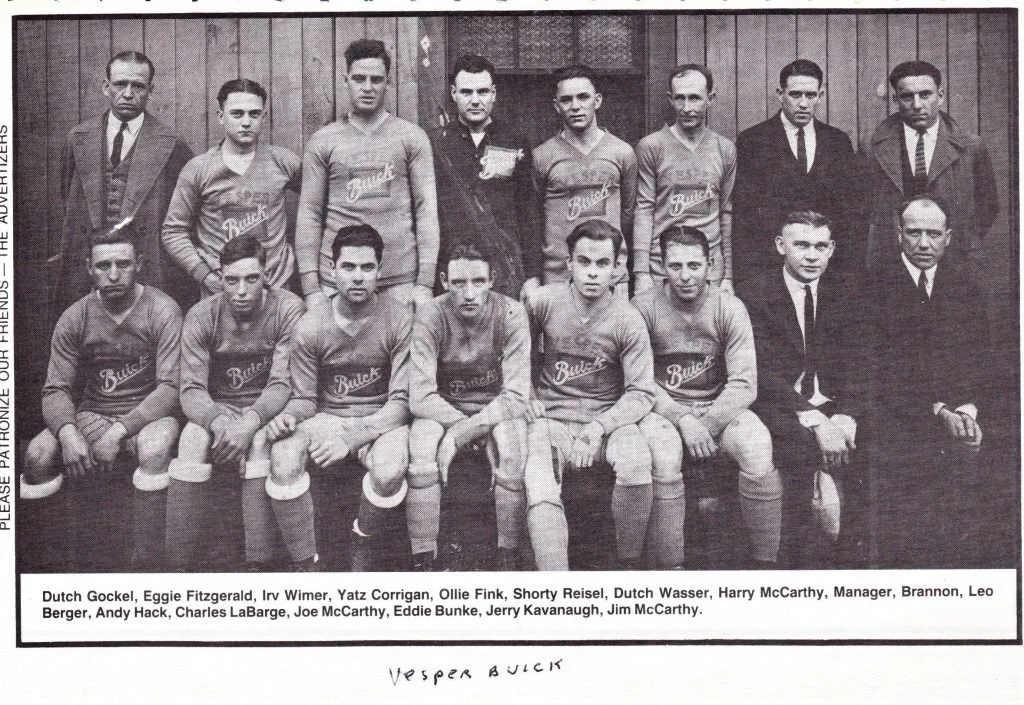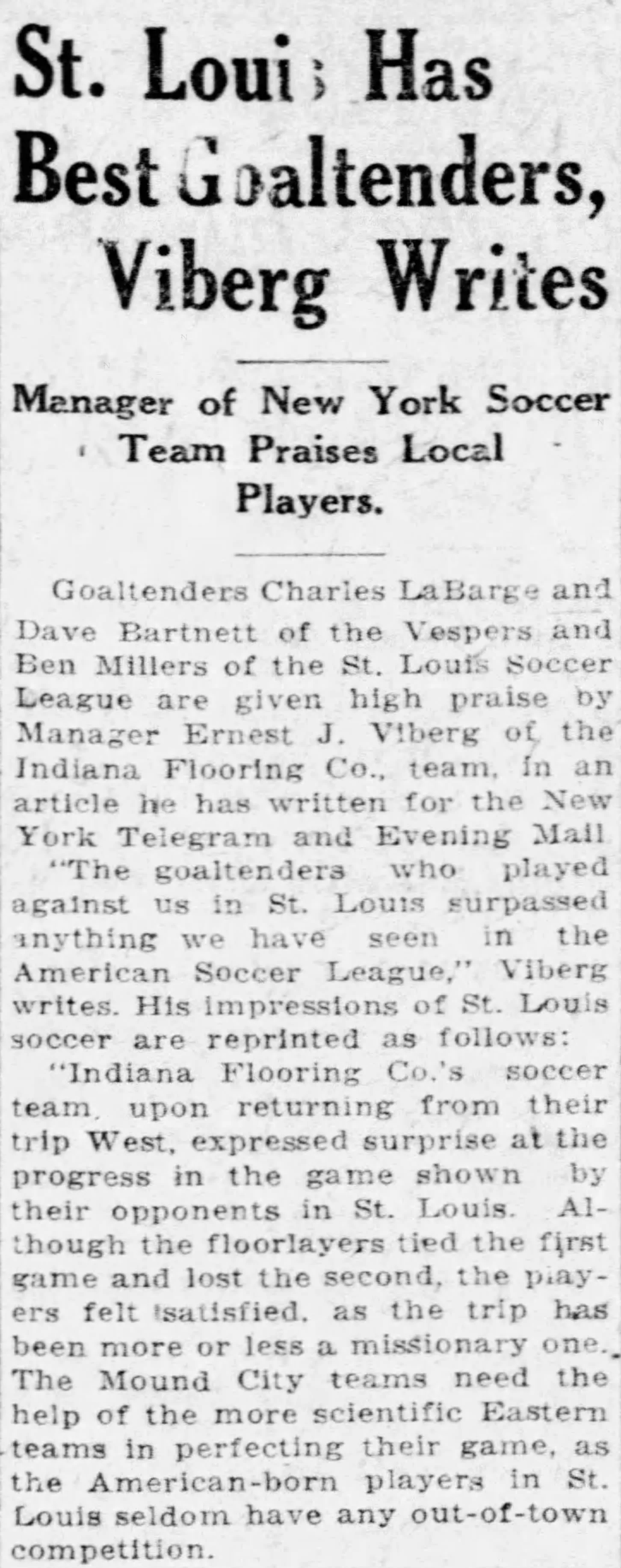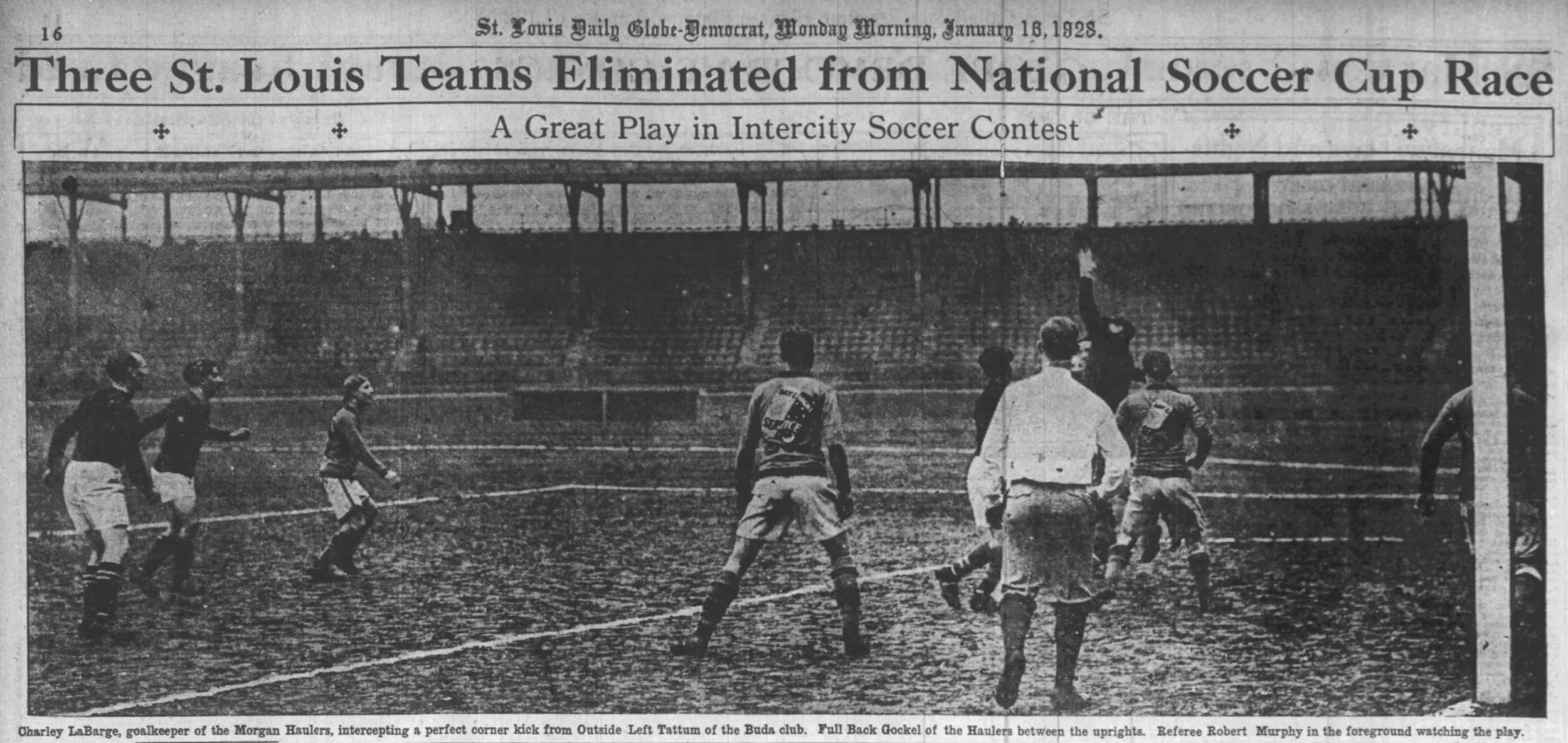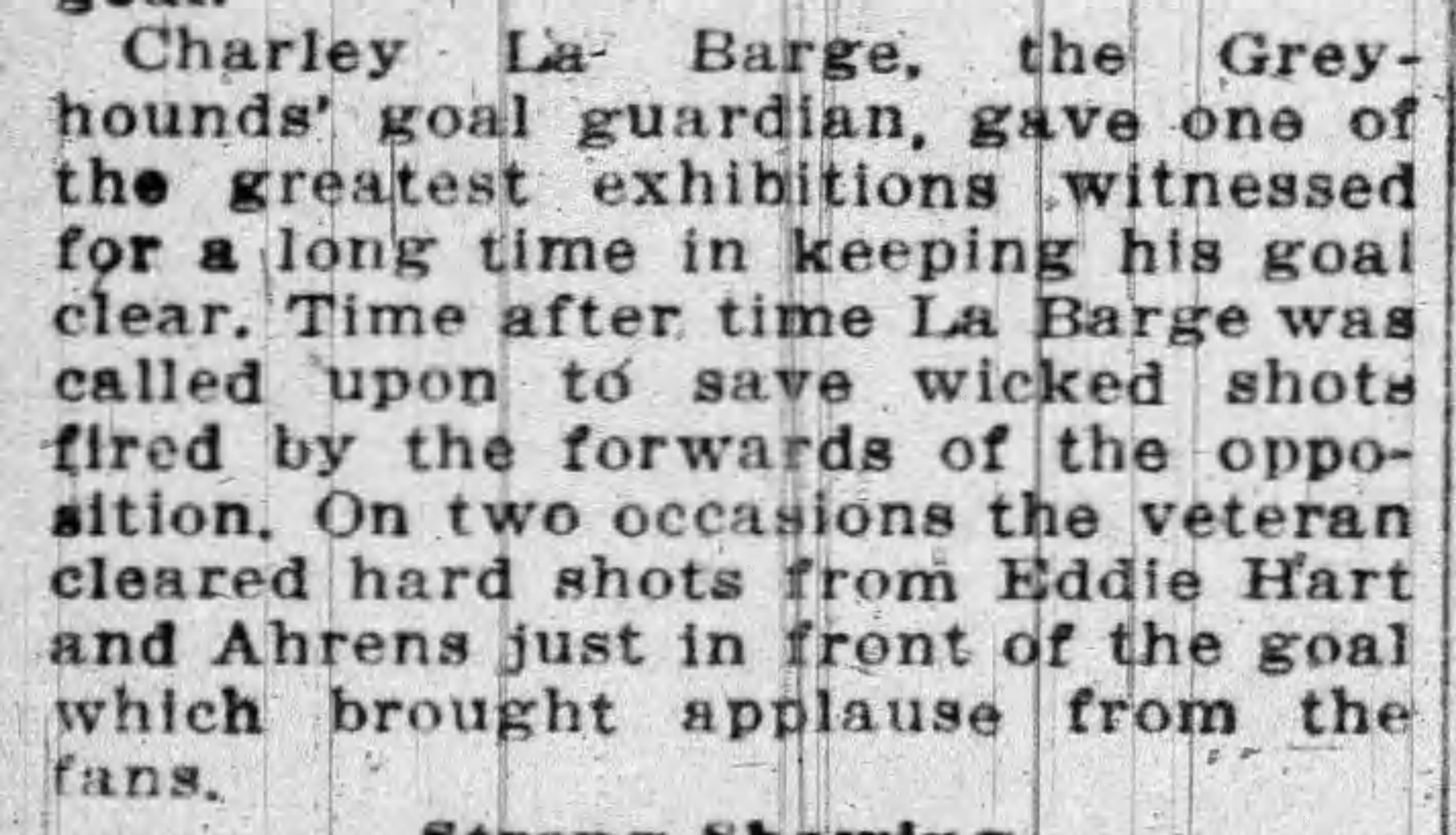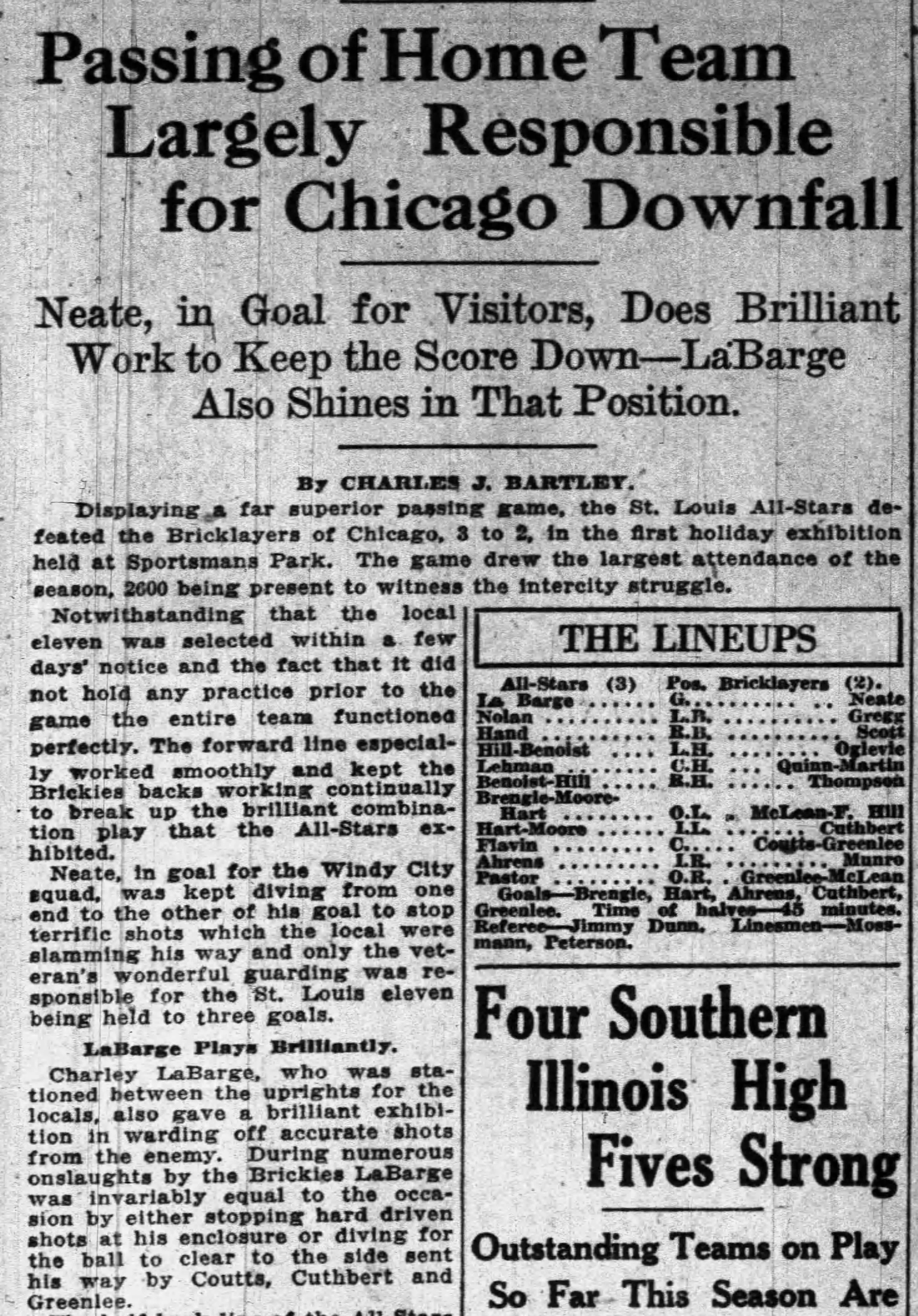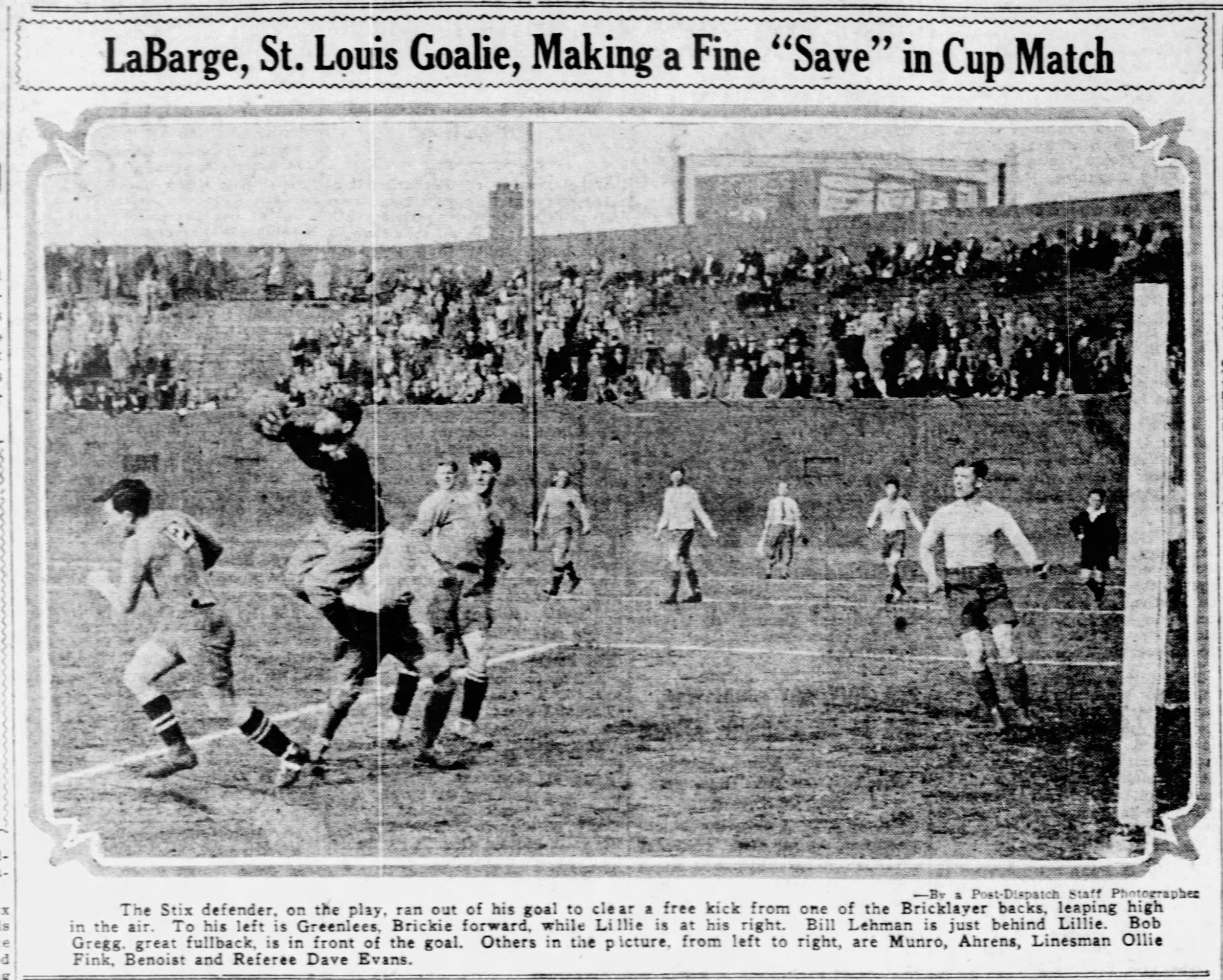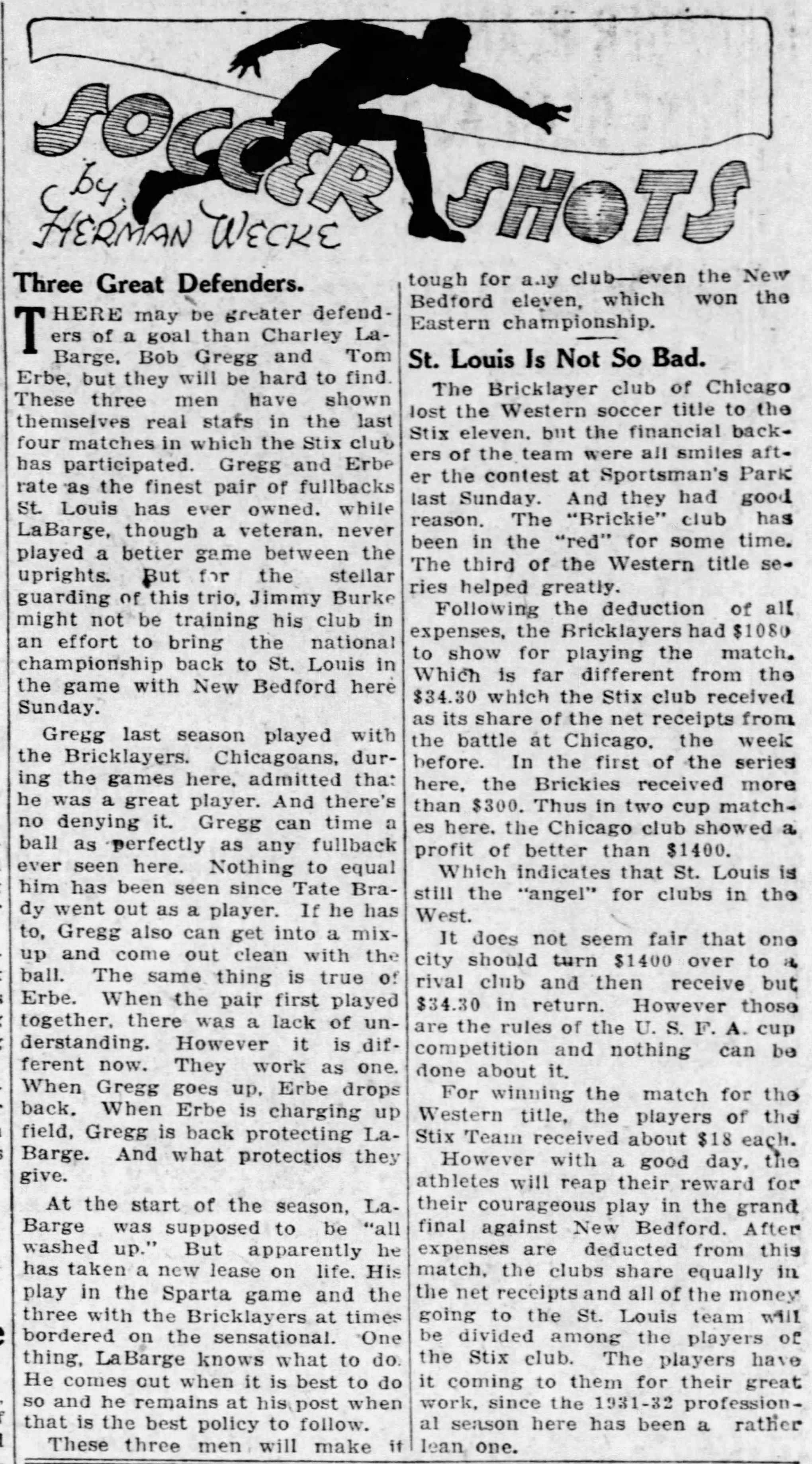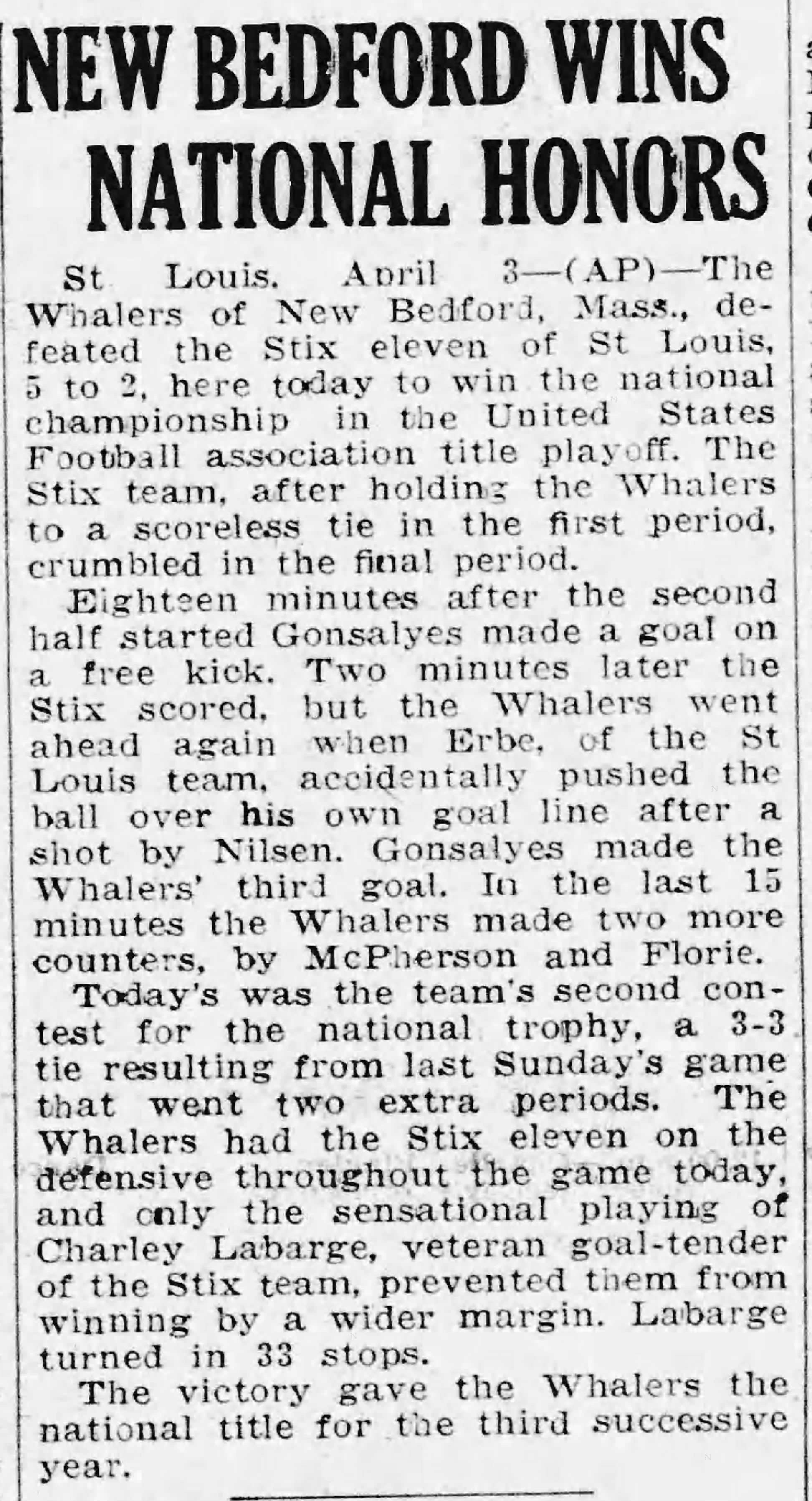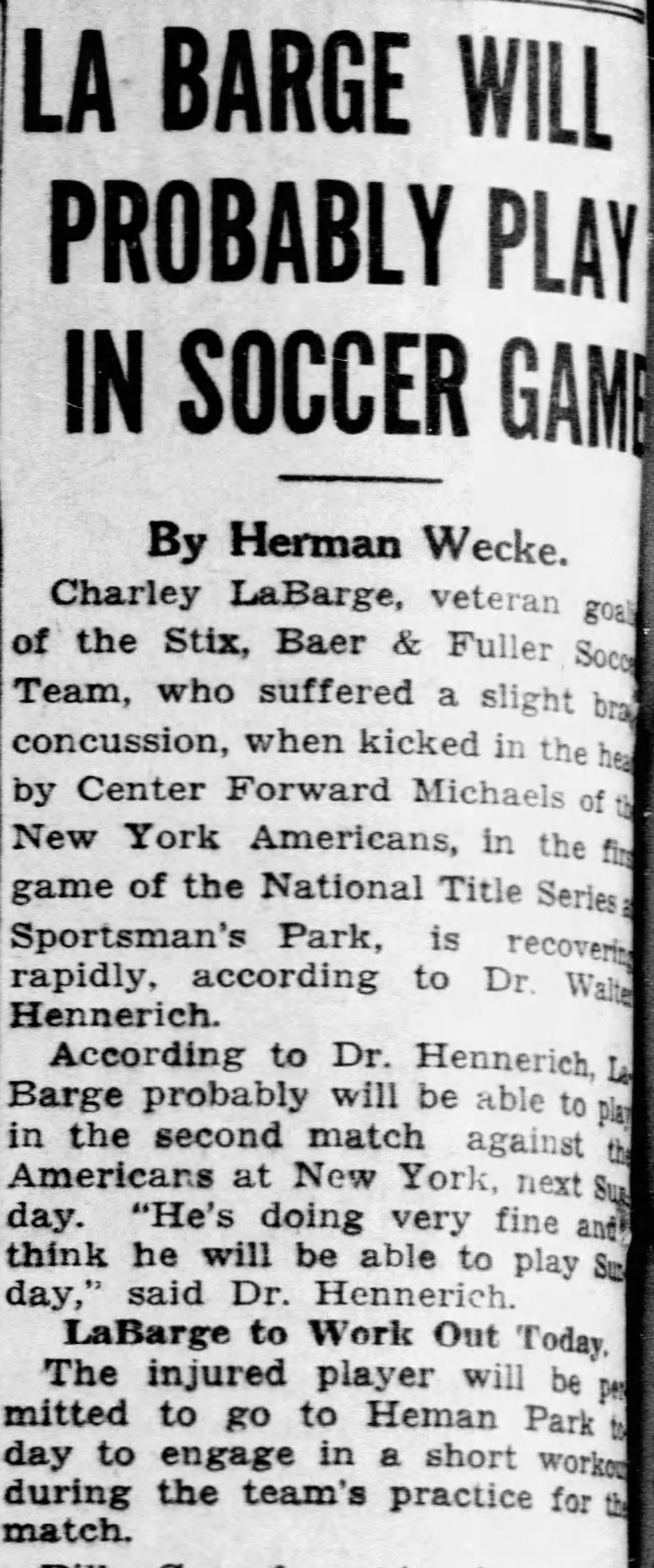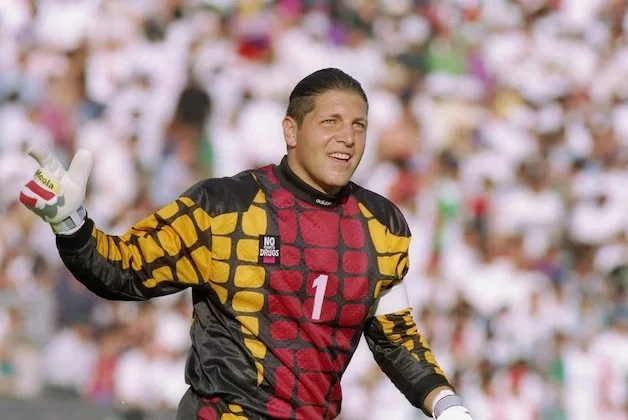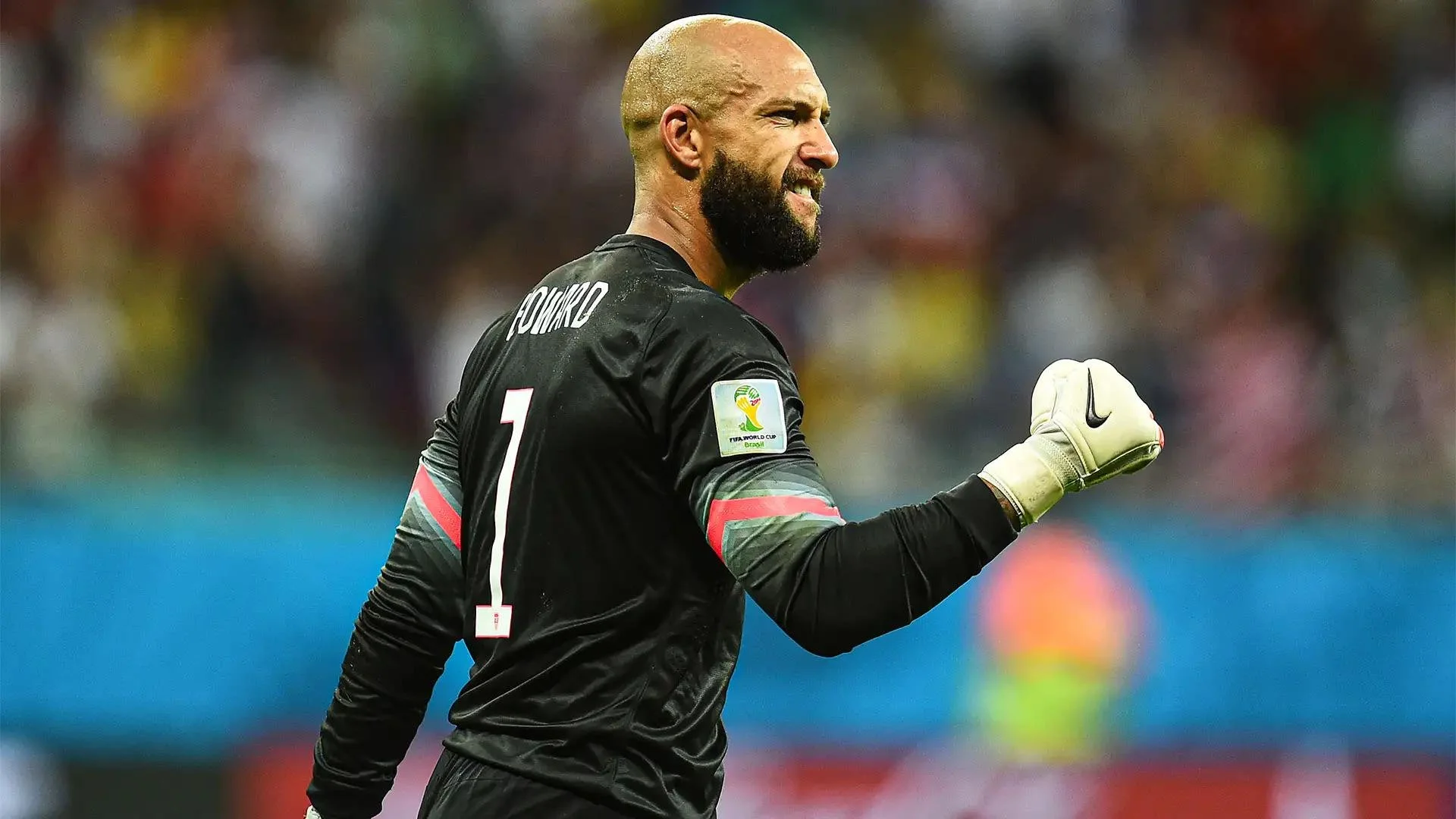When Lionel Messi stepped off that plane in Miami, I'll admit—I had mixed feelings. The greatest player of all time choosing MLS for his twilight years? Was this a retirement tour or something more? But as an absolute diehard USMNT supporter counting down the days until we host the 2026 World Cup, I've come to realize something incredible: Messi isn't just good for MLS. He might be the best thing that's ever happened to American soccer, and our boys in red, white, and blue are the ultimate beneficiaries.
The Messi Effect: More Than Just Goals and Highlights
Let's talk numbers for a second. Since Messi arrived at Inter Miami, MLS viewership has absolutely exploded. We're talking record-breaking TV ratings, sold-out stadiums from coast to coast, and a level of international attention that American soccer has been desperately chasing for decades. When the world's best player chooses your league, suddenly everyone's watching. And when everyone's watching, the money follows.
This isn't just about one team or one superstar—it's about transforming the entire ecosystem of American soccer. The increased revenue from broadcasting deals, sponsorships, and ticket sales is flowing into every MLS franchise. That means better training facilities, improved youth academies, and most importantly, the financial muscle to attract genuine world-class talent who can elevate our domestic players every single day in training.
Building a Pipeline: How Better Competition Creates Better Americans
Here's where it gets really exciting for us USMNT fans. When MLS can recruit top-tier international players, our American guys aren't just competing against them—they're learning from them. Think about young American talents like Diego Luna, Cade Cowell, and Benjamin Cremaschi training alongside and against players who've competed at the absolute highest level. That's invaluable experience you simply cannot replicate in a classroom or through video analysis.
The presence of elite talent raises everyone's game. Our domestic players are forced to adapt, to think faster, to execute with more precision. It's like having a world-class training camp running 365 days a year across the entire league. As MLS continues to invest in talent thanks to the Messi-driven boom, that competitive environment only intensifies, creating a virtuous cycle of development.
The Investment Tsunami: Money Talks, Champions Walk
Let's be real—professional sports run on investment, and Messi has opened the floodgates. Major brands that previously overlooked MLS are now scrambling for partnerships. Apple's massive streaming deal has transformed how fans engage with the league globally. Stadiums are being renovated and expanded. Most crucially for 2026, youth development programs are receiving unprecedented funding.
This matters because the pathway from youth academy to professional contract to national team call-up is becoming smoother and more accessible than ever before. When clubs can invest properly in scouting and development, talented kids from every corner of America get discovered and nurtured. We're not just relying on the traditional soccer hotbeds anymore—we're building a truly national talent pool. And as fans look toward future competitions, many are exploring opportunities for sport betting to engage even more deeply with the beautiful game.
The Credibility Factor: MLS as a Legitimate Destination
Perhaps Messi's most underrated contribution is legitimacy. For years, European-based players viewed MLS as a retirement league or a stepping stone at best. But when an eight-time Ballon d'Or winner in his prime competitive years chooses MLS, that narrative shatters. Suddenly, talented South American and European players in their mid-twenties see MLS as a viable career move, not a career end.
This credibility shift is already bearing fruit. We're seeing younger, hungrier international signings who want to compete for titles and championships, not just collect paychecks. That competitive intensity transforms MLS from a comfortable landing spot into a genuinely challenging league—exactly the kind of environment that forges championship-caliber national team players.
2026: Perfect Timing for Perfect Glory
Here's what gets me absolutely pumped: the timing couldn't be more perfect. The 2026 World Cup isn't just any tournament—it's happening right here in our backyard during America's 250th birthday celebration. Can you imagine a more iconic moment than the USMNT lifting the trophy on home soil during our Semiquincentennial?
Thanks to the Messi effect accelerating MLS development, our 2026 squad will be the most prepared, most experienced, and most talented group we've ever fielded. Players like Christian Pulisic, Weston McKennie, and Tyler Adams will be hitting their absolute prime, backed by a new generation of MLS-developed stars who've been training in an elite environment. The foundation Messi helped build will manifest in real World Cup success.
The beautiful game has given America an incredible gift in Lionel Messi, and smart money says we'll repay that gift with our best-ever World Cup performance when it matters most—in front of our home fans, in our home stadiums, at the most significant moment in American history since 1976. Let's make 2026 unforgettable.

